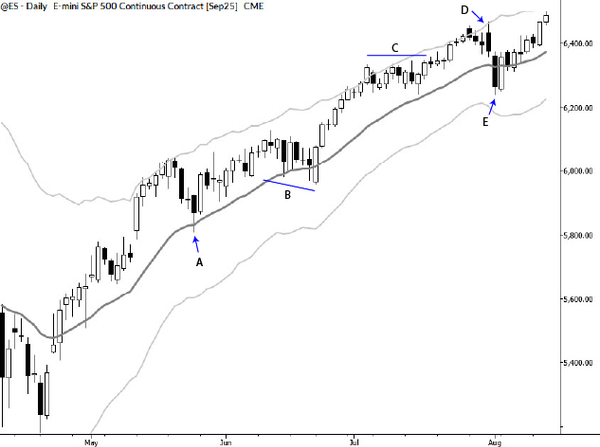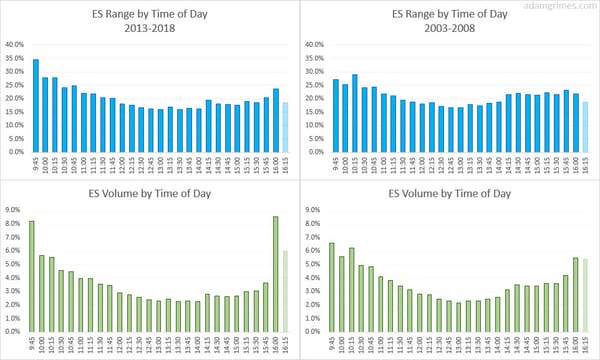MarketLife Ep 25 - Spaced Repetition System: Learn perfectly and never forget

Today, a few thoughts on how your memory works and how it is structured. I spend some time talking about a system called Anki in this episode. I know many of you will think it sounds impractical, hard to learn, or like a waste of time, but give it a shot. It is one of the most exciting tools I have discovered in the last five years and has completely changed the way I study and learn. I cannot recommend it strongly enough. (And it is free!)
You can get Anki here.
Here are the show notes:
Short-term and long-term memory
- Short-term memory lasts seconds (< 30) unless refreshed. Can only store 7 +/- 2 “pieces”
- Long-term memory indefinite and infinite(?)
- Working memory? How does this all work?
Chunking
- Concept is the same as building words and sentences from letters
- Connections between information matter
- Impressive short-term memory feats come from chunking
Moving from short-term to long-term
- Old way was repetition. It sucks, but it works, with some limitations. It's also slow.
- Intensity (under correct conditions) is what matters
- Build connections
- Make sure you understand. It's hard to learn something you don't understand.
- Correct reinforcement at the right time is the best way to make knowledge permanent.
- Long term andshort term can help each other
- Mnemonics
Space repetition system
- Anki (http://ankisrs.net/)
- Flashcards, but not the flashcards you know from school
- Two parts to using the system
- Making flashcards
- Using them
- What can you put on flashcards?
- Pictures
- Words
- Sounds
- Time spent making flashcards is time spent learning. I don't think there is a lot of value in using a pre-made deck.
- What to do this week:
- Download it
- Experiment
- I'll follow up with some blog posts in coming weeks.
I want to take a few lines here to thank you, my loyal listeners. I certainly would not have continued this podcast if it were not for you. If you have thoughts or questions, please feel free to reach out to me. If you've left a review somewhere for the show, thank you. That's not a causal thank you--your reviews are very important because they help new people find me. If you haven't left a review and if you enjoy what I do here, please consider taking a minute and writing a short review on iTunes here.
Also, if you like the music for this podcast, then be sure to check out Brian Ashley Jones, my friend, and a fantastic singer-songwriter, awesome guitar player, and a great all around guy!
Enjoy the show:



